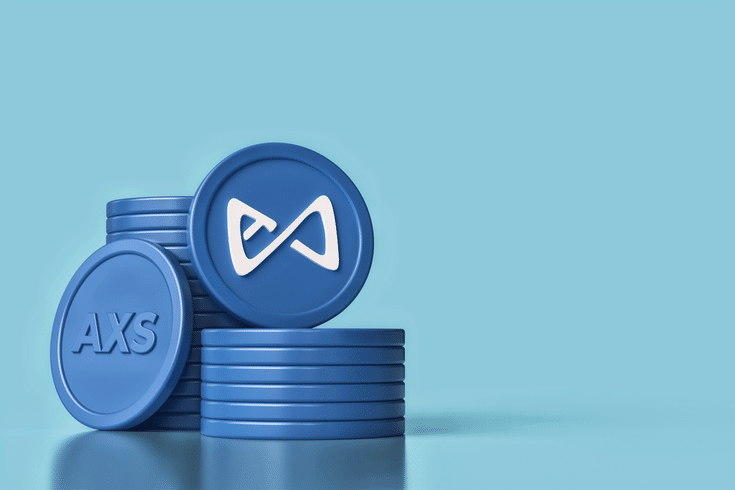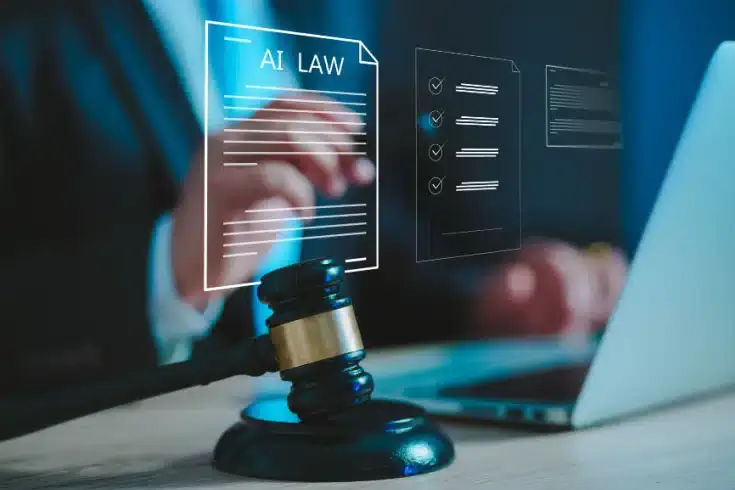Understanding Crypto Asset Mining: A Guide for Investors and Business Owners

You may be familiar with the term “mining” in relation to virtual currencies or crypto assets. In this context, mining refers to the act of extracting these assets from the blockchain network. Those who engage in this activity are known as miners. It’s worth noting that some miners also operate mining companies as a business venture.
Depending on the mining business structure, the revised Deposit Law (enforced in June 2022) may have an impact. Here in this article, we will provide an overview of mining and discuss the effects of the revised Deposit Act (enforced in June 2022) on those involved in the mining business.
Introduction to Crypto Asset Mining
As crypto assets lack central bank control, transaction accuracy must be ensured. This requires a process known as mining, where rewards are given for successful completion. Mining utilizes PoW, or Proof of Work, wherein an individual who completes a highly complex calculation task becomes a transaction approver and gains the right to attach a new block to the blockchain.
The mining process involves utilizing three components: multiple transaction data, the hash value of the previous block, and a nonce, and executing computations utilizing a hash function. A nonce refers to a number that is produced by the miner at the time of block creation. Mining leverages high-performance computers to continuously permute and calculate the value of a nonce until a specific nonce is identified.
To discover this specific nonce, it is necessary to execute complicated computations multiple times, which is a task that requires significant computational resources. This extensive undertaking is referred to as PoW, as it serves as proof of work.
In essence, PoW achieves mining by identifying a unique nonce and verifying a block on the blockchain. Once mined, it is considered a digital asset suitable for trading.
Overview of Crypto Asset Mining Business

As previously stated, mining involves extensive use of computer resources to complete massive tasks. This makes mining a challenging endeavor for individuals, as it necessitates a robust mining facility.
Therefore, mining companies engaged in the mining business may carry out mining activities instead of individuals.
Relationship between Mining Business and Collective Investment Scheme
As previously stated, individual mining can prove challenging, leading users to invest in mining operators. These companies conduct mining operations and subsequently distribute mining rewards amongst investors.
There are several possible mining business models, but many of them are classified as collective investment schemes under the Financial Instruments and Exchange Act. A collective investment scheme is a scheme that pools money, securities, and other assets from multiple investors, which are then invested or used for business purposes, with profits distributed to the investors.
Article 2, Paragraph 2, Item 5 of the Financial Instruments and Exchange Act specifies the provisions on collective investment schemes. Please refer to it for further information.
- The holders of rights make donations or contribute funds.
- Conducting business operations (investment business) utilizing investment or invested funds.
- The right holder is entitled to receive a share of profits generated from the invested business or the distribution of assets associated with the invested business.
A mining business operated by an investor with investments from other parties, where the acquired crypto assets are distributed among the investors, is principally subject to the collective investment system outlined in the Financial Instruments and Exchange Act. This is typically applicable.
Impact of Amended Depositary Law on Mining Avoidance Schemes
As previously stated, the mining industry is generally categorized as a collective investment scheme as defined by the Financial Instruments and Exchange Act. Hence, the mining business will be subject to regulation under the Financial Instruments and Exchange Law.
Prior to the amendment of the Depositary Law, there were strategies that intentionally circumvented the aforementioned common approaches for mining ventures that did not fit the criteria of collective investment schemes. To address this issue, a scheme called sales consignment was implemented.
In sales consignment, mining companies sell cryptocurrency mining machines to investors who, in turn, pay for the purchased asset. Subsequently, the investor deposits the crypto asset mining machine with the mining company.
In this scenario, the funds provided by the investor are not considered as an investment, but rather as compensation for the virtual currency mining machine. Therefore, it cannot be officially stated that the investor holds an investment or has provided funds.
Under the traditional depository law, only certain products were regulated and crypto asset mining machines were not included in this regulation.
The Depositary Law, which was revised and came into effect in June 2022, now covers all types of goods, including cryptocurrency mining machines, under its regulatory scope.
The sales deposit system mentioned above will also be subject to the Financial Instruments and Exchange Act in accordance with the revised Deposit Act, which was enforced in June 2022.
3 Schemes of Cryptocurrency Mining

In the mining industry, there are generally three main categories of mining schemes.
- Mining pool
- Cloud mining
- Rental Scheme
Please find below a detailed description of the three schemes.
Mining Pool
A mining pool is a system that collects the hash power of users and records and manages the work of mining operators as server administrators. Thus, investors must prepare their own mining equipment.
On the other hand, mining operators do not need to prepare their own mining equipment. In the case of mining pools, mining operators receive money in exchange for managing servers and recording and managing work.
Cloud Mining
In the case of cloud mining, the user invests in mining equipment provided by the mining operator. Also, the mining operator receives money for the management of the servers and the recording and management of the work as well as for the maintenance of the mining equipment.
Rental Scheme
Rental schemes are generally classified as mining pools.
The rental scheme is unique in that the user is not lending money to the mining operator, but rather to the mining equipment.
Talk to a Lawyer About Your Crypto Mining Business
This article has provided an overview of mining and the revised deposit law’s impact on mining businesses. As a relatively new industry, the mining sector is subject to potential future regulations and legislation. This information is particularly relevant for those involved in the mining industry.
If your business is already involved in mining activities, failure to comply with the latest laws and regulations may constitute a violation of the law. Therefore, we strongly advise seeking legal counsel from a specialized lawyer.
Office’s Countermeasure Guidance
Monolith Law Office is a legal firm that specializes in IT and law, with a particular emphasis on the internet. Our firm provides comprehensive assistance to companies involved in crypto assets and blockchain.
Category: IT





















